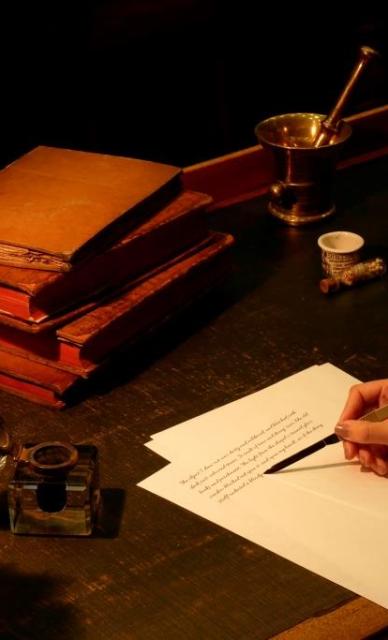Physicians' Gallery Newsletter
Updates on upcoming events, exhibitions and online stories
(1864-1955)
Licentiate

Contributed to the establishment of the Age of Consent Act, 1891.
Awarded the Kaiser-i-Hind medal for her public health work.
Served as Chief Medical Officer for hospitals in Surat and Rajkot.
Rukhmabai was an Indian physician who instigated a landmark legal case involving her marriage as a child bride. Her campaign influenced the enactment of the Age of Consent Act in 1891, and she was the first Hindu woman in India to legally obtain a divorce. She chose to never refer to herself using her ex-husband’s name, instead using only her first name, Rukhmabai.
The publicity surrounding Rukhmabai’s case resulted in support from various sources, including the English physician Edith Pechey who was at that time working at the Cama Hospital in Mumbai. Pechey was one of the group of women who became known as the Edinburgh Seven – the first group of matriculated undergraduate female students at any British university. Pechey, and others, supplied funds to Rukhmabai to support her continuing education. These funds enabled Rukhmabai to travel to England where she studied at the London School of Medicine for Women and at the Royal Free Hospital. She also worked at both the Royal Free Hospital in Brighton and at the Rotunda Hospital in Dublin.
Around this time Rukhmabai began writing a column for The Times of India under the pseudonym ‘A Hindu Lady’. She used her column to advocate for women’s rights and social reform. In one article she wrote that ‘The brutal custom of child-marriage had deprived all happiness of my life. It is a stumbling block in the two things which I regarded to be most important - my education, and nurturing of my mind as per my expectation. I am isolated for no fault of mine’.
At that time, it still was not possible for women to fully qualify as physicians in London and so Rukhmabai travelled to Edinburgh to take the licentiate examination, known as the Triple Qualification, of the three Scottish colleges (Royal College of Physicians of Edinburgh, Royal College of Physicians and Surgeons of Glasgow and the Royal College of Surgeons of Edinburgh).
In 1895 Rukhmabai returned to India, taking up the position of Chief Medical Officer at the Women’s Hospital in Surat. From 1918 she worked as the Chief Medical Officer of Zenana Hospital at Rajkot. Rukhmabai went on to be awarded the Kaiser-i-Hind medal for her public health work.
In 1929, after her retirement, Rukhmabai published a pamphlet titled ‘Purdah, the need for its abolition’ which argued that widows were being prevented from contributing to society due to the practice of purdah.

Physicians' Gallery Newsletter
Updates on upcoming events, exhibitions and online stories